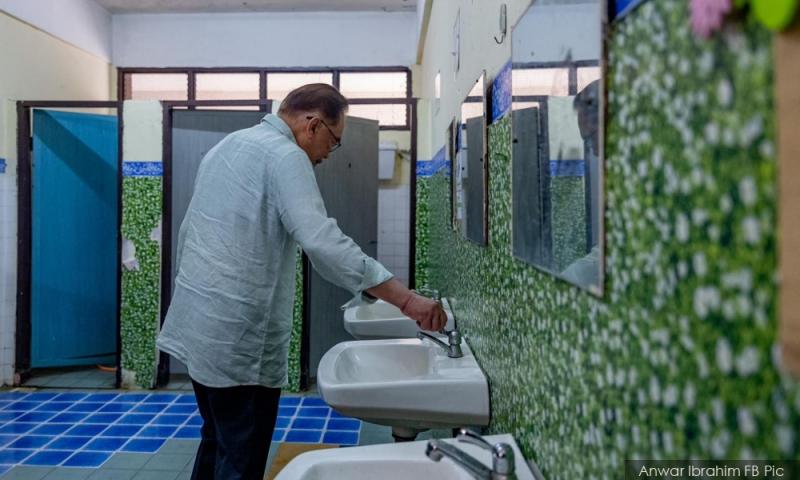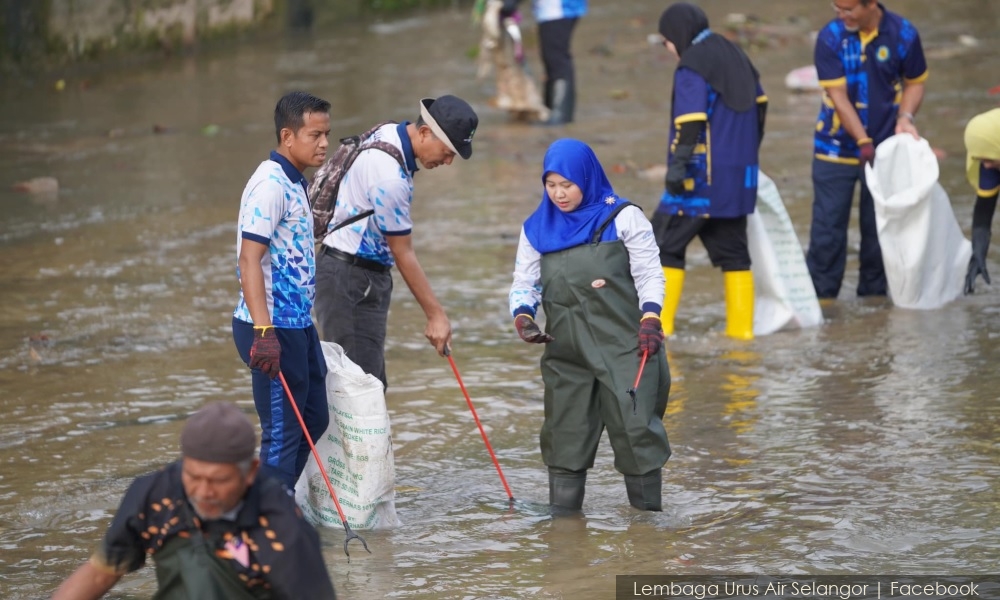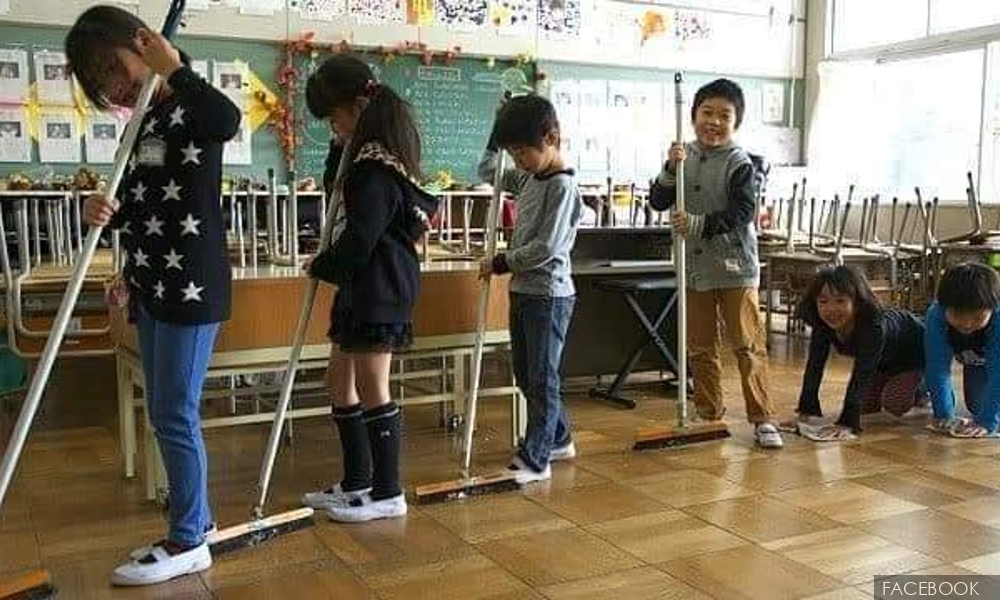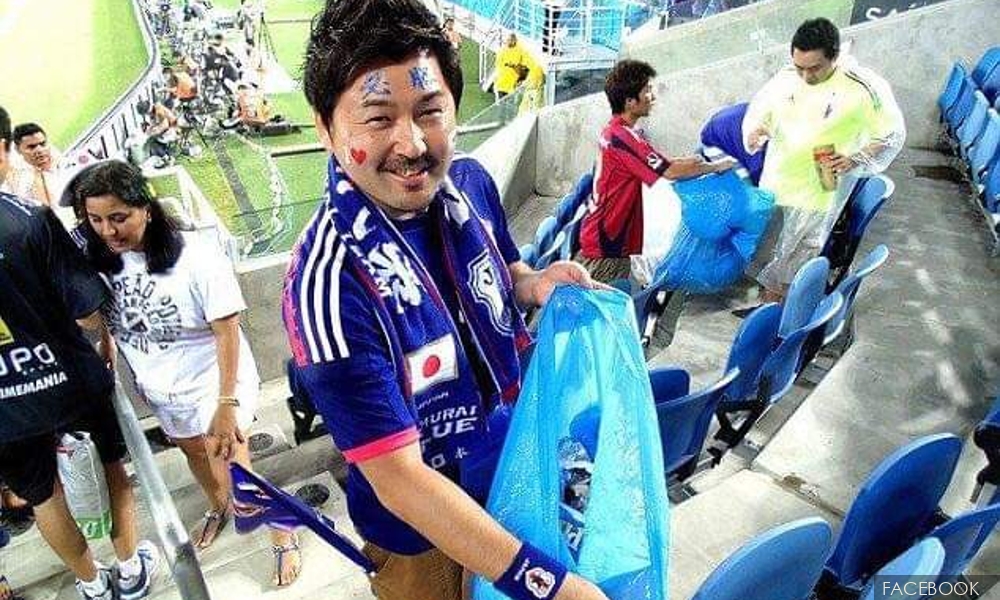So, Malaysian public toilets will get RM150 million for repairs under Budget 2024. But does this solve the root problem of our terrible toilets?
There's little point in spending millions on public restrooms when p*ss poor attitudes, pardon the pun, are not changed.
I don't deny that well-designed facilities will help. They should have lots of natural light and ventilation for our hot, humid climate (like those along the North-South highway), not those same old dark, dank, smelly toilets we've had to endure. And they should be tough and vandal-proof, not the flimsy plastic stuff that gets broken within months.
But the hardware is just part of the solution. What about the software of Malaysian toilet habits?
In contrast, when I drove through Thailand for a whole month in 2020, I did not encounter a single dirty public toilet. And let's not even talk about the famous cleanliness of Japanese restrooms.

Clearly, it's about cultural attitudes. It's not as if Thai toilets are as high-tech as Japanese ones with their multiple flush buttons. In fact, many don't even have flush mechanisms.
Cleanliness = patriotism
Instead, Thais take the trouble to bend down and scoop water out of floor-level cement tanks or plastic pails to wash up after themselves. Even though Malaysians are 1.5 times richer (in per capita GDP) than Thais, they are cleaner than us.
That, my friends, is called good upbringing and, dare I say it, patriotism. The desire to care for the country and fellow citizens, even in the most humble and mundane ways.
In contrast, our dirty public toilets are legendary and a huge embarrassment to tourists. What are the root causes?
I believe it's about the lack of concern for others/the public, plus the usual "tidak apa" laziness.
For example, during a recent river cleanup by the Ampang Jaya Municipal Council (MPAJ) at Kampung Muhibbah, Selangor, about a tonne of rubbish was fished out!

MPAJ president Ani Ahmad said disposing of rubbish in the river was a common problem because "people believed someone else would collect it".
This reminds me of some local waterfall clean-ups when people were still throwing trash into the water on the very same day that volunteers were struggling to collect rubbish.
Entitled ketuanan mindset
This is an attitude of entitlement, of feeling we are the boss, or "tuan", and that some lowly foreign worker will clean up after us. Perhaps this "ketuanan tandas" (lord of the loo) mindset could be linked to how the young are brought up in this country.
When visiting the small seaside village of Pengkalan Balak in Malacca recently, an elderly fisherman told me that when he was growing up, the local school was not dirty, even though there were no cleaners, because all students had to take turns clearing rubbish.
It's not just village schools. I've been told that in yesteryears, students at the renowned Bukit Bintang Girls School of KL also had to do loo scrubbing duties.
Parents of today's pampered Malaysian kids may scream and shout if this was done today. But if you ask me, this is about instilling discipline, humility and responsibility among the young.

Mahatma Gandhi himself helped clean the toilets in his ashram (spiritual retreat centre) and insisted that everybody did the same, even though that job was usually done by India's low-caste people.
This is why Gandhi taught that "Cleanliness is next to godliness".
Japanese example
As for the Japanese, one tradition of their education system is that students do "o-soji" (cleaning) several times a week.
Everyone is responsible for maintaining their own classroom and the hallways.

Three times a year, some students even put on gloves and do "chiiki seiso" (neighbourhood cleanup) and pick up litter around the school.
Japanese parents and educators will tell you that children are learning to respect their surroundings. They are also learning that it’s better not to make a mess if you are the one who has to clean it up.
No wonder Japanese toilets are so sparkling clean.
Remember too that their football fans cleaned up the stadium after World Cup matches even though their team had lost. The Japanese firmly believe that giving back to society will help it flourish.

What about Malaysia? Are we more a nation of takers, rather than givers? Of separate racial groups out to get the most for ourselves - so why bother about "others"?
Sure, it's praiseworthy that Prime Minister Anwar Ibrahim announced RM150 million in Budget 2024 to maintain and repair our public toilets. It looks good politically too.
But please, fixing the hardware is not enough. It's equally (or more) important to deal with the software, to transform the lousy lavatory attitudes of Malaysians into one where they care for common property and comfort.
So perhaps some of the money should be allocated to a catchy public awareness campaign, similar to the one urging people to vacate their seats on the LRT to the elderly and infirm. A campaign that should also instil how cleanliness is part of patriotic care for our country's people.
In the longer term, all students should clean their own school toilets to learn community responsibility. That will be a truly bold reform of Malaysia Madani. - Mkini
ANDREW SIA is a veteran journalist who likes teh tarik khau kurang manis. You are welcome to give him ideas to brew at tehtarik@gmail.com.
The views expressed here are those of the author/contributor and do not necessarily represent the views of MMKtT.




No comments:
Post a Comment
Note: Only a member of this blog may post a comment.